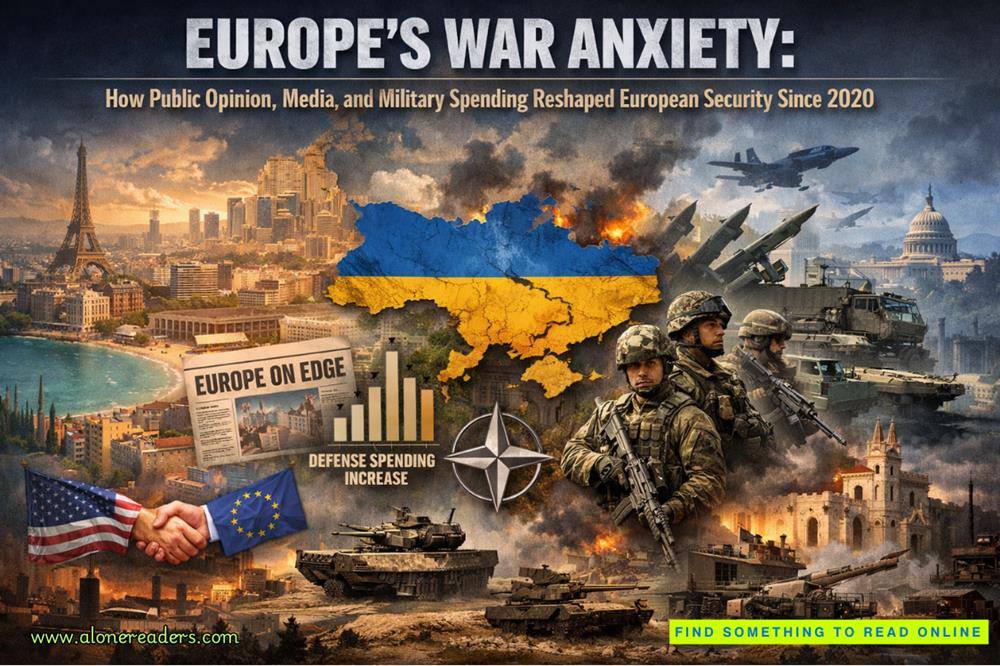Pavel’s gaze shifts between Dmitri and me before answering. “Sophisticated extraction attempts don’t happen overnight. Someone spent considerable time analyzing your security, identifying optimal approach routes, and timing guard rotations.”
“You think we have a surveillance problem,” I muse.
“I think someone knows more about your daily routine than they should. The question is how they acquired that information.”
Translation: Either we have a security breach, or someone’s been watching us longer than we realized.
“Where would you like to start?” Dmitri asks.
“Perimeter assessment first. Then, I’ll need to observe normal daily activities and understand how you move through the building.”
“Normal activities.”
“Morning routines, meal patterns, recreational habits. Anything that creates regular, predictable behavior.”
I catch Pavel watching me while he explains this, like he’s particularly interested in my routines. When he’s done speaking, we stare at each other for a moment that feels full of recognition. Like we’re both trying to place where we might have met before.
“Well,” Dmitri interjects, “sounds like you have your work cut out for you.”
“Indeed.” Pavel pulls his attention back to Dmitri. “I’ll start with external perimeter assessment and work inward. I should have preliminary findings by this evening.”
“Excellent.”
“One more thing,” Pavel adds, looking at me again. “I’ll need your eyes on patterns in the house. Civilians spot habits that trained people overlook.”
The request sounds reasonable, but something about it rings warning bells in my head. Like he’s fishing for information that has nothing to do with security improvements.
“Of course,” I reply, because refusing would seem strange.
“Perfect. I’ll begin immediately.”
Pavel shakes Dmitri’s hand again, nods politely to me, and follows Boris toward the exit. But I catch him glancing back once before disappearing down the stairs.
I trace my tattoo while staring out the window, watching Pavel emerge onto the grounds below. He studies sight lines and approach routes like he knows what he’s doing, but something about the way he keeps glancing up at the building, toward our kitchen window, makes me think his real assessment has less to do with our security vulnerabilities and more to do with me.
“You’re doing it again,” Dmitri observes.
I turn from the window. “Doing what?”
“That thing where you watch people like you’re taking notes for a report.”
“Maybe I am.”
“Our security consultant?”
“Anyone who enters our space. Habit now, I suppose.”
Dmitri comes up behind me and wraps his arms around my torso. “What do you see when you watch him?”
I let myself sink into his embrace for a moment, craving this closeness even though part of me knows I should resist. I’m losing myself in him more each day, and that should terrify me. Instead, it makes me want to lean back and let him support all my weight.
“Professional competence. Military training that he’s trying to downplay. I think he has extensive fieldwork.”
“Fieldwork?”
Before I can answer, my phone vibrates with a text from Dr. Sokolova.Session this afternoon? Important developments to discuss.
I show Dmitri the message. “More therapy.”















